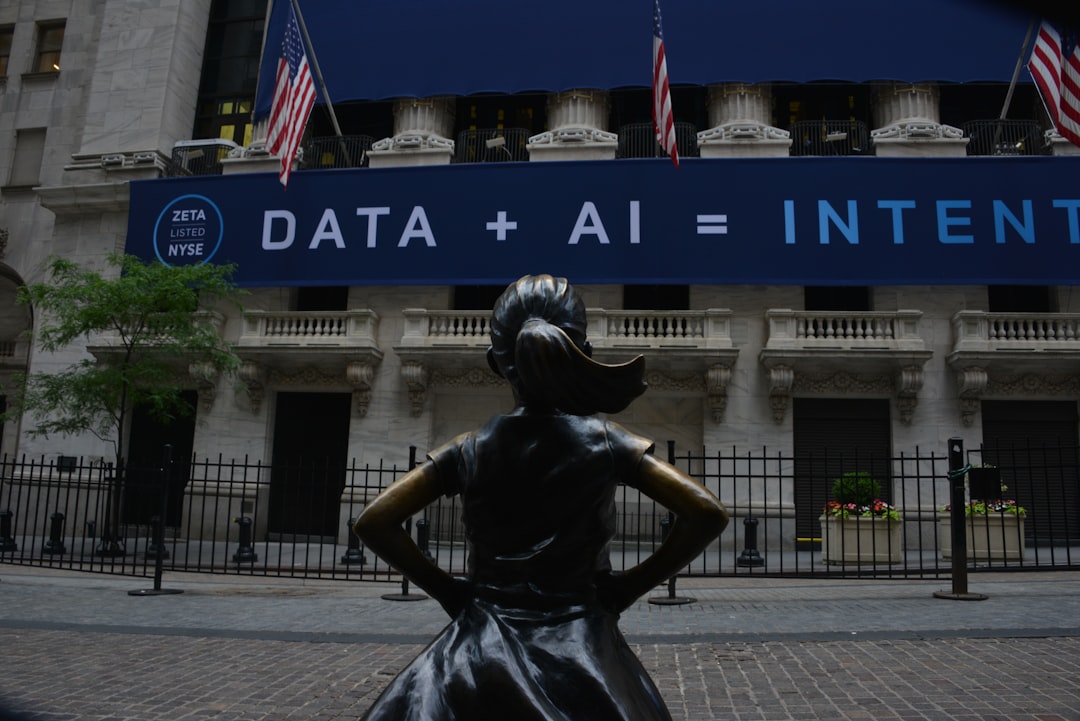In the fast-evolving world of software development, Artificial Intelligence (AI) is no longer a futuristic concept—it has firmly established itself as a cornerstone of modern development practices. One of the most transformative applications of AI in recent years is in the realm of data generation. High-quality, diverse, and scalable datasets are critical for training, testing, and refining software products. AI-powered data generation is revolutionizing how developers acquire and utilize this essential resource.
Traditional methods of data collection and generation are often labor-intensive, time-consuming, and susceptible to human error. Moreover, privacy regulations and data availability challenges can hamper access to real user data. AI-powered solutions are stepping in to address these challenges, enabling faster, more efficient, and secure ways to simulate the diverse range of data required for software development.
Why AI-Powered Data Generation Matters
The ability to automatically generate realistic and varied data has profound implications for several areas of software development. Here’s why it matters:
- Improved Testing and Validation: Software products must operate under a wide range of conditions. AI can generate synthetic data that simulates rare or edge-case scenarios, helping identify hidden bugs or performance issues.
- Data Privacy Compliance: With growing concerns around data privacy and stringent regulations like GDPR and CCPA, using real user data has become increasingly risky. AI-generated synthetic data can mimic real data patterns without exposing sensitive information.
- Reduced Development Time: Automating the data generation process speeds up testing and development cycles, enabling teams to bring products to market more quickly.
Modern AI models, particularly those based on machine learning and deep learning, are remarkably effective at understanding the structural and statistical characteristics of real datasets. From this understanding, they can generate synthetic data that not only looks authentic but performs similarly when used in software applications.
Applications in Key Development Areas
AI-powered data generation is playing an expanding role across many different facets of software engineering. Below are a few key areas where its impact is particularly notable:
- Machine Learning Model Training: When training models, especially in supervised learning, having access to large, high-quality labeled datasets is essential. To ensure the accuracy and efficiency of these models, it’s crucial to test them thoroughly using data that closely mirrors real-world scenarios. AI testing tools can automate this process, enabling faster validation and optimization of models. This approach ensures that machine learning systems are robust and perform well across diverse data sets. Synthetic data can augment or even replace real data, broadening the scope and robustness of training data.
- Quality Assurance (QA): Test engineers use synthetic data to simulate user input across a wide range of behaviors. This enhances functional and non-functional testing such as load, stress, and performance testing.
- Security Testing: AI-generated data can also mimic cyberattack patterns or security threats, providing valuable data for penetration testing and vulnerability assessments. Combining AI with a secure datacenter proxy server further enhances data insights by enabling safe, widespread testing from multiple locations without risking access bans.

Benefits Over Traditional Methods
While manually created test scripts and real-user data still hold value, AI-generated data brings multiple benefits over these traditional approaches:
- Scalability: AI can generate millions of data points without exponential increases in cost or time.
- Bias Reduction: Algorithms can be trained to avoid human biases in dataset curation, resulting in fairer and more accurate software outcomes.
- Customization: Developers can specify exact parameters—such as demographic attributes, transaction types, or behavioral traits—to create personalized datasets for specific test scenarios.
This level of control is especially beneficial for agile methodologies, where frequent and rapid iterations are fundamental. By integrating synthetic data generation directly into CI/CD pipelines, developers ensure that every build is tested against fresh, reliable data, helping to maintain quality and reliability.
Challenges and Ethical Considerations
Despite its many advantages, AI-powered data generation is not without its challenges. One concern is the risk of overfitting models to synthetic data that fails to adequately reflect real-world behaviors. Carefully tuning AI models and validating synthetic datasets against real benchmarks is essential to maintain reliability.
Furthermore, ethical concerns around the use of AI in data creation cannot be ignored. Transparency in how data is generated, used, and stored is critical to maintaining public trust and meeting legal standards. As with any AI application, governance and accountability structures must be established to prevent misuse.

Looking Ahead
As AI technology continues to evolve, the quality and usability of synthetically generated data are expected to improve even further. Tools are emerging that enable real-time synthetic data generation integrated seamlessly into development environments. In the near future, developers may rely on AI not just for generating data, but for intelligently customizing, validating, and managing it throughout the entire software lifecycle.
In conclusion, AI-powered data generation occupies a central role in the future of modern software development. It offers enhanced efficiency, better risk mitigation, and a competitive advantage in speed and quality. Embracing this technology is not just a strategic move—it’s becoming a necessity in today’s data-driven software landscape.
 logo
logo



